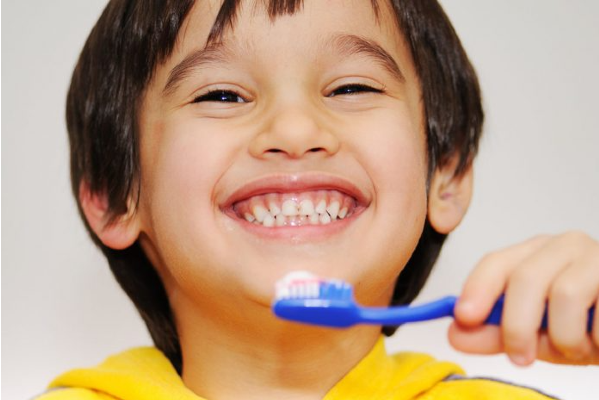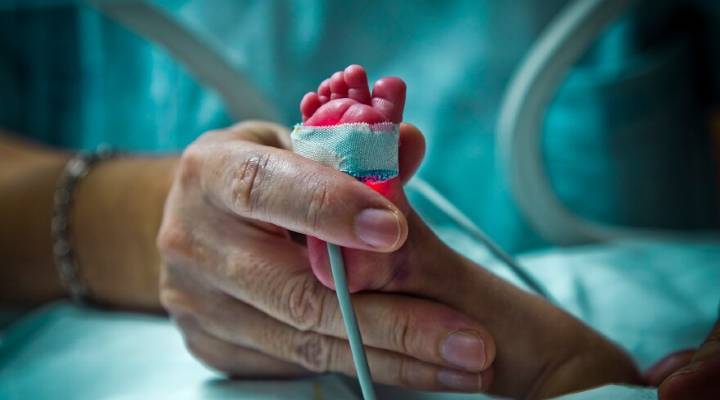A dental guide for parents – do’s and don’ts for their kid’s oral hygiene

The right oral hygiene is imperative for a child’s overall health and development; thus parents should be attentive towards the do’s and don’ts and pay special heed to their overall oral hygiene. An infant’s oral care should begin before the visible developments of tooth buds in their mouth and is a crucial factor than most parents fail to realize that knowledge on common oral care tips and hygiene should be inculcated in kids as healthy teeth and gums play an important role in aspects like speech clarity, chewing pattern, and a flawless smile.
Oral hygiene for your baby is the key and it is even more important to take care of them at an early age to set a strong foundation for good dental health for a lifetime. Below are a few do’s and don’ts focussing on your child’s dental health:
Do’s
Take enough care of milk teeth: Milk teeth are imperative to infants and children as permanent teeth are to older children and adults because these ‘first teeth’ inculcate a child’s chewing and speaking pattern; apart from this, milk teeth are also instrumental in growth and tooth alignment. Parents must realize the importance of milk teeth as they are not temporary teeth, and it is vital to keep an eye on the cavity growth as it is the most common cause of crooked placement in adulthood.
If you are bottle feeding or breastfeeding your kid, then make sure you clean their mouth before they fall asleep or clean their gum areas with a muslin cloth.
Visit the dentist regularly: For most of the children, milk teeth start developing at the age of 6-12 years which is visible as front upper teeth, front lower teeth and back last teeth. It is vital that you take your child in for a fluoride treatment once every year because a dentist can guide and maintain extra care of their oral health.
If the child has a habit of eating starchy food items such as biscuits, wafers, breads, sugar candies etc then it is mandatory to go for a fissure sealants treatment as a preventive dental measure which can be effective to protect young teeth.
Monitor their brushing and flossing: Brush properly, making sure that the no tooth is left unattended. Use a soft bristles toothbrush for your child, which is replaced at an interval of three months. After consulting your regular dentist, you could also add a mouthwash to the dental routine.
Start flossing your child’s teeth once a day at as young as two and a half years of age to clean the gap between the two teeth. Use of floss sticks instead of regular string floss is advisable for kid’s use.
Make sure your child follows a holistic diet: It is very important that you keep a close eye on the eating habits of your child. Monitoring his/her diet can prevent tooth decay and other dental problems. Limited consumption of sugar heavy food items should be imbibed in their minds from an early age to avoid complex repercussions later. Calcium rich yogurt and green leafy vegetables are few foods that better one’s dental health and should be included in one’s daily diet.
Don’ts
Don’t create unhealthy eating habits: The first two years of life are crucial when children imprint what is been taught to them be it food preferences, or daily habits. Parents often give in to their kid’s demand as a temporary fix and cause permanent damage in the bargain. Don’t encourage unhealthy food habits. Thus, it is imperative to avoid starchy, refined foods, breads, popcorn, chewy foods, and over sugar indulgence.
Don’t set the wrong example: Children always look up to their elders and pick up exactly what they see at home. Model good habits yourself and talk to your kids about how important dental hygiene is for you. Set the right example and advocate for good habits by action from healthy consumption to oral hygiene.
Poor dental health causes many children to experience dental complications in childhood and adulthood. First, dental health affects the child’s overall health and may impact the development and growth of the child in several ways such as pain and discomfort, lower self-esteem and hindrance to perform day-to-day activities. Going to bed with a clean mouth is of utmost importance for children as well as adults. There is no replacement for brushing teeth at night and make sure nothing is consumed after brushing to maintain healthy oral hygiene. Children who are on a milk diet should be given water at the end of feeding in order to rinse out the sticky milk particles because helping children develop healthy oral habits at a young age is important for it to sustain throughout their life.






